When it comes to semi-trailer performance and safety, choosing the right tires is a crucial decision that can affect not only your vehicle’s handling and fuel efficiency but also your overall operational costs. With an extensive range of options available, navigating the market for trailer tires can be overwhelming. This comprehensive guide will dissect the myriad of factors influencing tire selection and help you identify the absolute best tires for your semi-trailer needs.
Understanding Semi-Trailer Tire Fundamentals
Before diving into specific tire options, it is vital to grasp the key components that influence tire performance:
1. Tire Types
- Radial Tires: Frequently preferred for their enhanced fuel efficiency and improved traction, they feature steel belts running across the tire, which provides flexibility.
- Bias-Ply Tires: These have crisscrossed layers of fabric that offer firmness and load distribution. While they are generally more rugged, they often struggle in terms of fuel efficiency compared to radial tires.
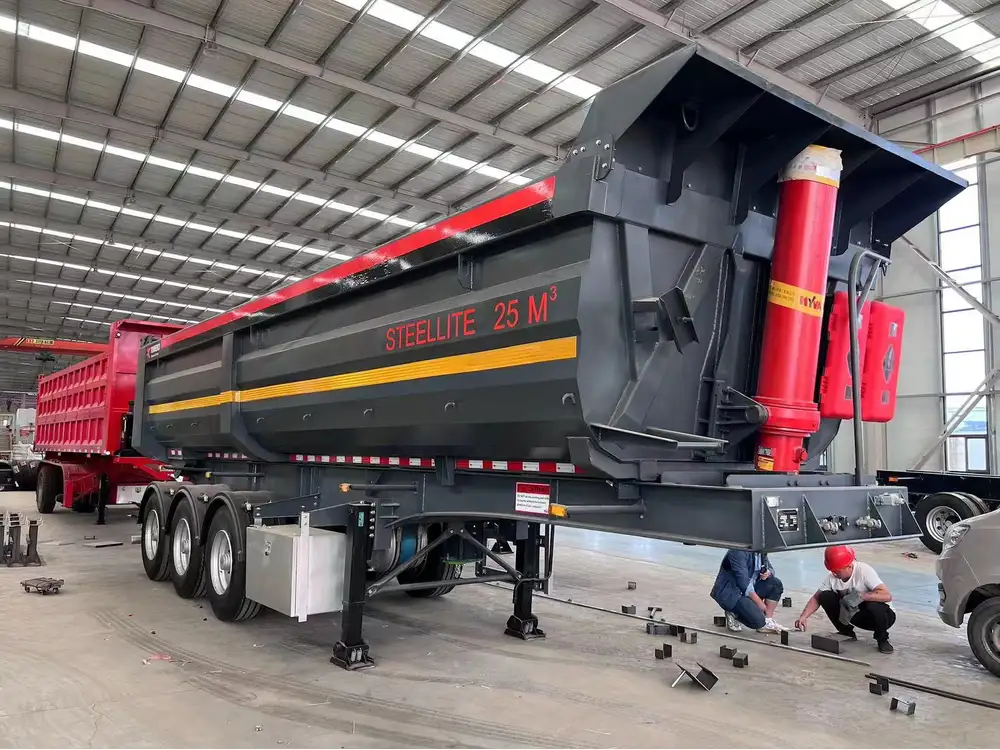
2. Load Rating
Load ratings are essential in determining how much weight a tire can safely support. This is critical for heavy-duty hauling, as exceeding the load capacity can lead to blowouts or severe handling issues.
| Load Rating | Maximum Load (lbs) |
|---|---|
| C | 1,490 |
| D | 1,760 |
| E | 2,240 |
| F | 2,910 |
3. Tread Patterns
The tread design of a tire impacts its grip, stability, and wear characteristics. There are three primary tread patterns you should consider:
- Symmetrical: Balanced wear and consistent performance.
- Asymmetrical: Offers optimal performance in wet conditions due to diverse tread design.
- Directional: Designed for maximum control during cornering, directing water away for enhanced grip.
The Best Brands in Semi-Trailer Tires
When discussing tire quality and reliability, certain brands stand out in the industry due to their commitment to innovation, durability, and performance. Here are some of the leading manufacturers:
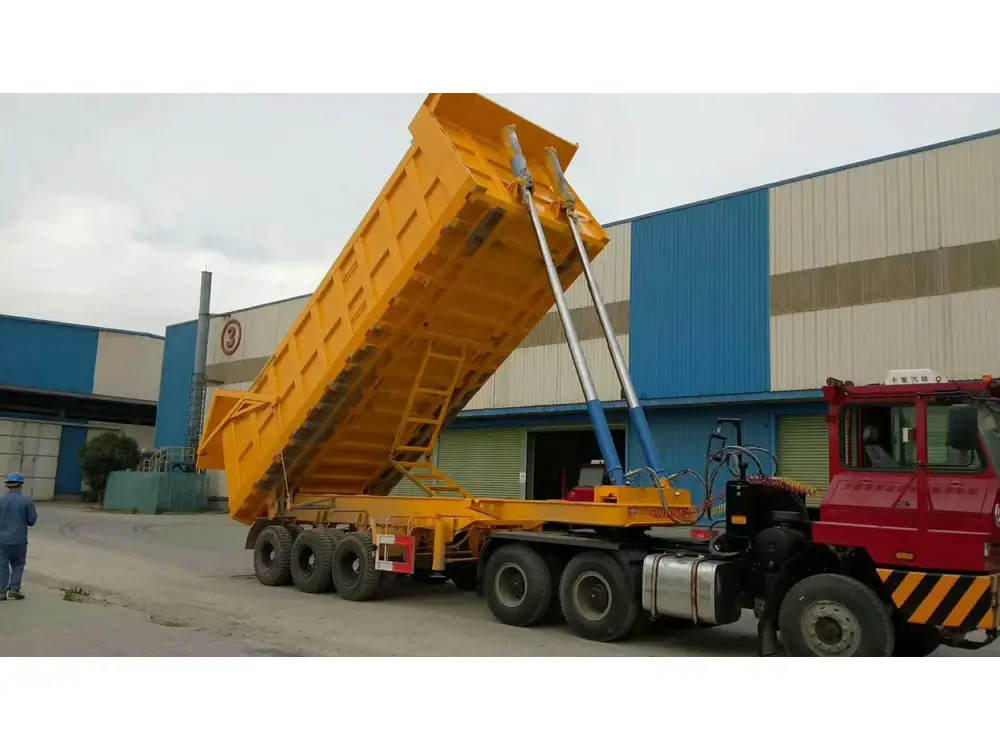
1. Michelin
- Key Features: Offers long-lasting durability and improved fuel efficiency.
- Best Models: XZA and XDS series designed for all-season reliability.
2. Goodyear
- Key Features: Known for superior traction and innovative tread designs.
- Best Models: G661 HSA and G316 LHT which provide outstanding casing strength.
3. Bridgestone
- Key Features: Renowned for both wet and dry traction, with excellent treadwear warranties.
- Best Models: M840 and Greatec M835 cater to different hauling needs.
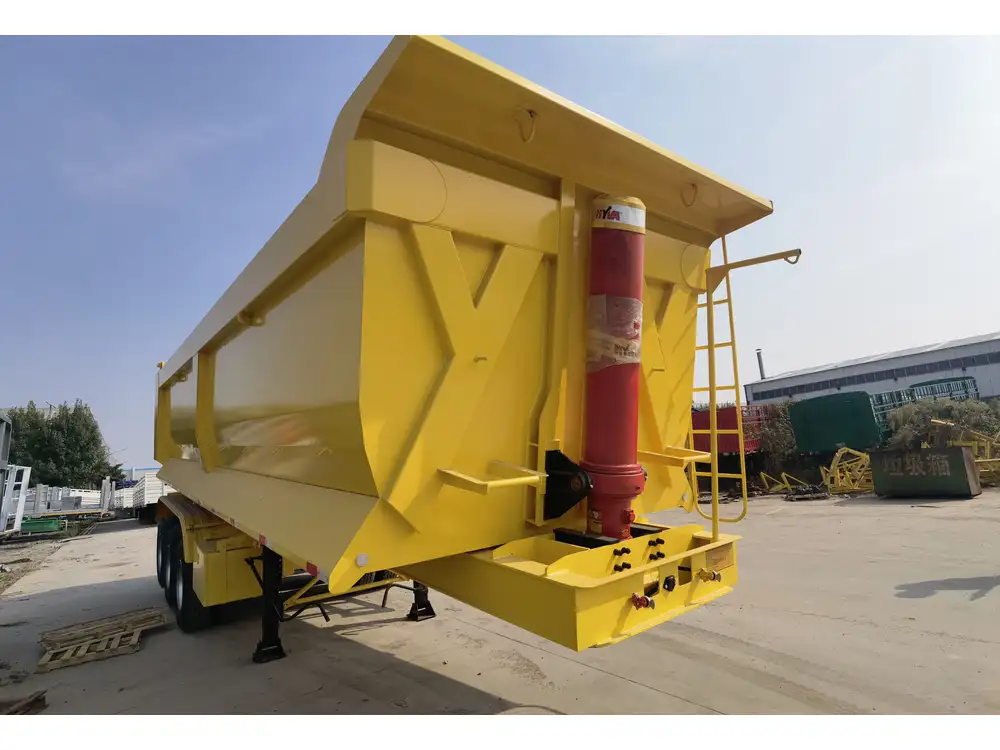
4. Continental
- Key Features: Emphasizes fuel efficiency while maintaining reliable performance.
- Best Models: MS-02 suited for regional transportation and HSL-2 optimized for long-haul operations.
5. Hankook
- Key Features: Offers a balance of performance and value, with enhanced stability.
- Best Models: AH37 and DL12 stand out for various driving conditions.
How to Choose the Right Semi-Trailer Tires
Deciding on the best trailer tires involves an intricate analysis of various factors:
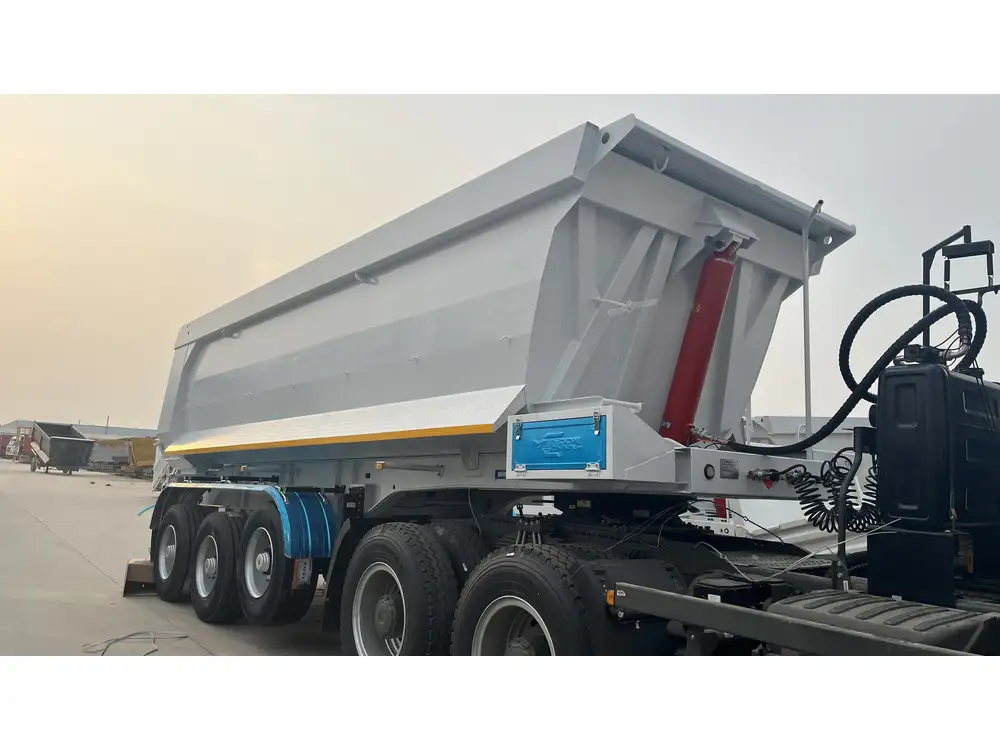
Budget Constraints
The price of tire options can vary significantly. Assessing the lifetime value of the tires, including potential savings from fuel efficiency and tire longevity, is crucial. Aim for a balance between upfront costs and future savings.
Terrain Considerations
Mapping out regular routes and understanding the terrain is vital. For instance, if you frequently navigate through urban environments or loose gravel surfaces, selecting tires designed for mixed conditions could maximize performance.
Climate Impacts
Different tires perform optimally under varying weather conditions. Tires with a specialized tread pattern can provide better grip in wet or snowy scenarios, reducing the risk of accidents.
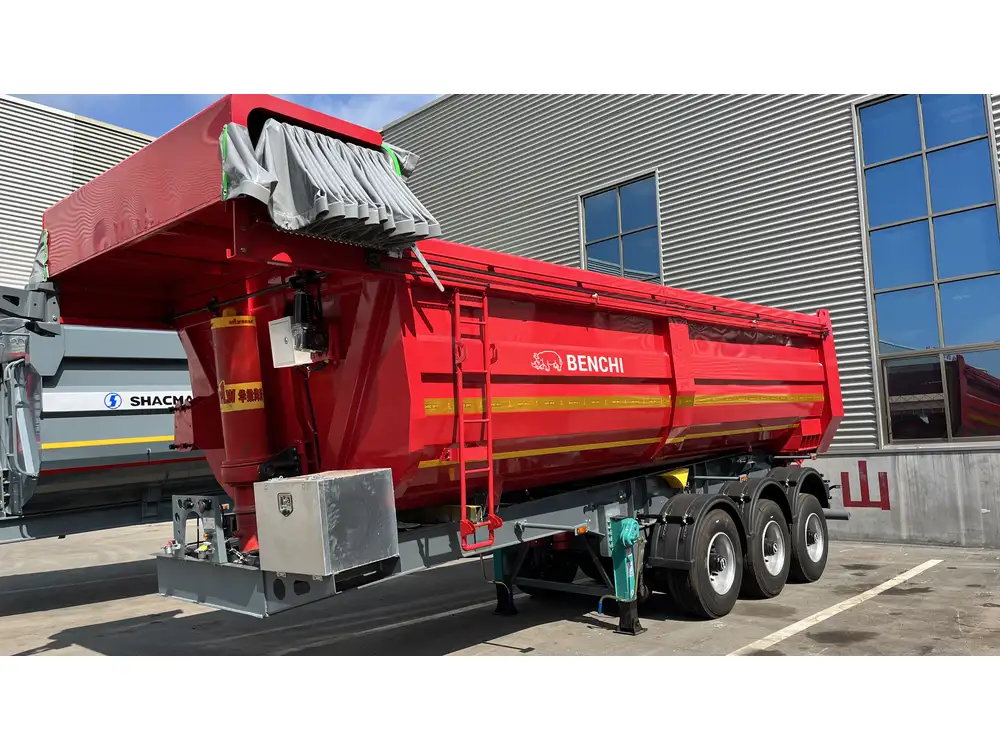
Replacement Timing
Understanding when to replace tires is key. Monitoring tread depth is essential, as worn tires can significantly increase stopping distances and alter handling characteristics. Invest in a tread depth gauge to regularly check your tires.
Common Issues Faced with Semi-Trailer Tires
Navigating the road with a semi-trailer can lead to several common tire-related problems. Addressing these proactively can ensure your operational efficiency remains high:
1. Uneven Wear
Uneven wear can arise from improper alignment, improper inflation, or uneven load distribution. Regular checks can mitigate these issues, maintaining optimal performance.

2. Blowouts
Tire blowouts can occur from excessive speed or heat buildup, often caused by under-inflation. Always monitor tire pressure and adhere to manufacturer guidelines for the best performance.
3. Sidewall Damage
Sidewall damage may occur due to obstacles on the road or poor maintenance practices. Inspect tires regularly for cuts, bulges, or cracks, and replace any damaged tires immediately to ensure safety.
Maintaining Your Semi-Trailer Tires
Staying proactive about tire maintenance can prolong the life of your investment. Here are essential practices:
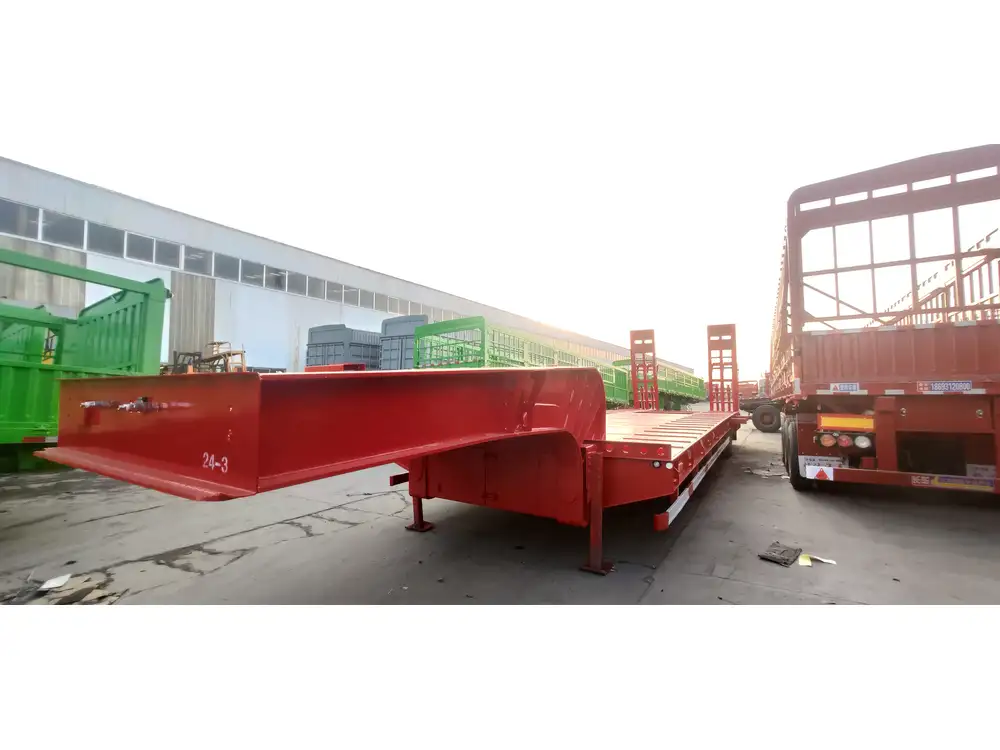
1. Regular Tire Inspections
- Frequency: Conduct inspections monthly and before long-haul trips.
- Checklist: Look for cracks, bulges, tread wear, and irregularities.
2. Tire Pressure Monitoring
- Optimal Levels: Check tire pressure when cold, and adhere to the manufacturer-recommended levels.
- Tools: Invest in a reliable pressure gauge for precision.
3. Rotation and Alignment
- Rotation Schedule: Typically every 5,000 to 8,000 miles, depending on the application.
- Alignment Checks: Have alignments checked during tire rotations or if abnormal wear patterns appear.

4. Proper Loading
Ensure loads are evenly distributed to prevent excessive strain on certain tires, contributing to a longer lifespan and better fuel efficiency.
Conclusion
Choosing the right tires for your semi-trailer is undoubtedly one of the most impactful decisions during the lifespan of your fleet. By considering factors such as tire types, brands, budget, and the specific operational circumstances in which you will be using these tires, you can make an informed decision. Regular maintenance and proactive monitoring will help you extend the age of your investment while ensuring safety on the road.
This guide serves as a valuable resource in your quest for the best trailer tires, equipping you with the knowledge needed to optimize performance and efficiency in every mile traveled. As the dynamics of the industry continue to evolve, staying informed and proactive is your best strategy for navigating the ever-changing landscape of semi-trailer maintenance and management.



